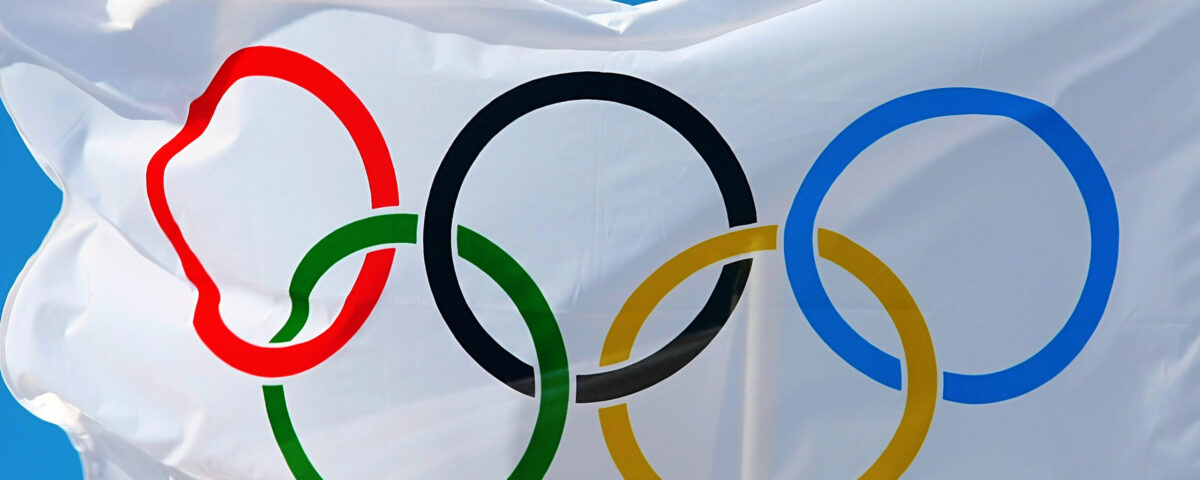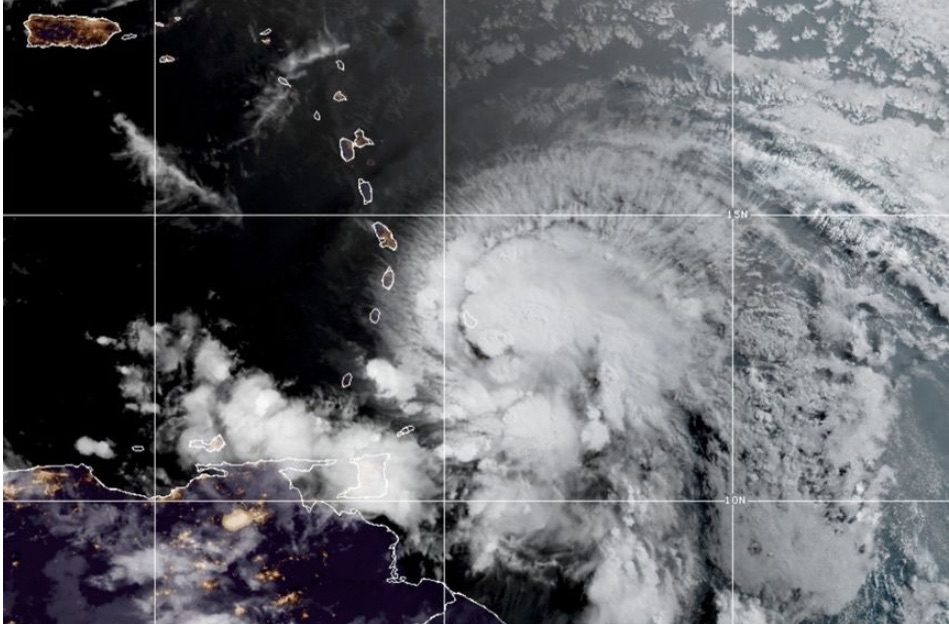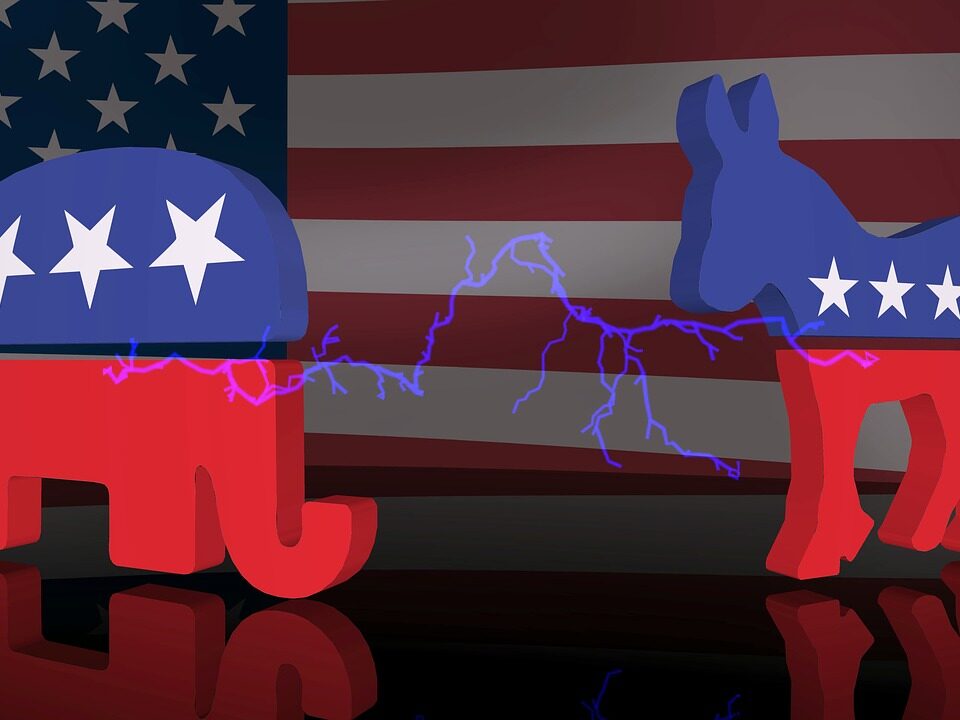
The Sounds That Can Sell a Product
May 28, 2015
Weekly Roundup: From Apple’s Chimes to Boston’s Olympics
May 30, 2015“The Montreal Olympics can no more have a deficit than a man can have a baby.” (1976, Montreal Mayor Jean Drapeau)
While Mayor Drapeau might have been surprised that it took 30 years for Montreal to pay for the Olympic stadium nicknamed “The Big Owe,” Olympic cost overruns are not unusual. Looking at all Olympic Games from 1960 to 2012, scholars from the University of Oxford concluded that the average cost overrun in nominal terms was a whopping 324 percent.
Where are we going? To Olympic spending.
The 2024 Summer Olympics
Hoping to host the 2024 Olympics, Rome’s mayor recently said his city would use the Colosseum to create a gladiator-type experience. Meanwhile, Hamburg and Paris will probably be contenders and Boston is a maybe. All have to tell the IOC by September 15, 2015 that they intend to submit a bid to host the 2024 Summer Olympic Games. The IOC will announce the winner in Peru in 2017.
Looking at Boston’s Olympics 2024 “Bid Book,” I got excited. The pictures of cheering fans and of triumphant athletes were captivating. Add to that Boston’s 400th anniversary celebration in 2030 that the Games would initiate and you have an irresistible proposal.
Almost.
The Bid Book also includes cost projections to which some Bostonians seem to be realistically responding. According to the Oxford study comparing Olympic cost projections to actual spending, the planners’ numbers are probably inaccurate. Below you can see in real dollars, just for the sports costs (also there are infrastructure and operational expenses) how expenses have been underestimated:
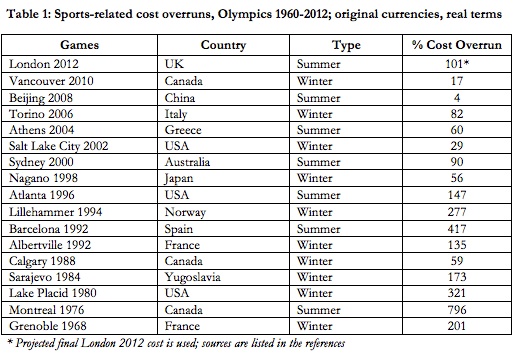
From: “Olympic Proportions: Cost and Cost Overrun at the Olympics 1960-2012”
Here we have a comparison of Sochi and Athens to other mega-projects.
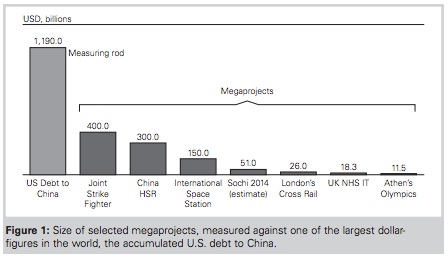
From: “What You Should Know About Mega-Projects
and Why: An Overview”
Our Bottom Line: Optimism Bias
Citing “four sublimes,” the authors of the cost overrun studies explained why some cities proceed with Olympic bids and other mega-projects when they surely know the money costs will balloon.
- Technological: Creative anticipation generates enthusiasm among the designers of the project.
- Political: Politicians like to initiate and implement a razzle-dazzle project.
- Economic: Ranging from financiers to contractors to lawyers, the new jobs foster a supportive constituency.
- Aesthetic: The beauty of the project and its energy captivate a broad audience.
Together, the four sublimes take us to optimism bias. Nobel economics prize winner Daniel Kahneman and his co-author Amos Tversky (1937-1996) suggest people’s tendency toward an optimism bias leads us to underestimate costs and overestimate the benefits of a project.
And that returns us to the Mayor of Montreal.
![econlifelogotrademarkedwebsitelogo[1]](/wp-content/uploads/2024/05/econlifelogotrademarkedwebsitelogo1.png#100878)

